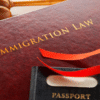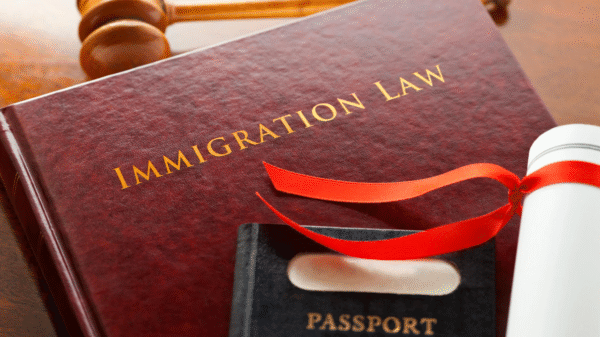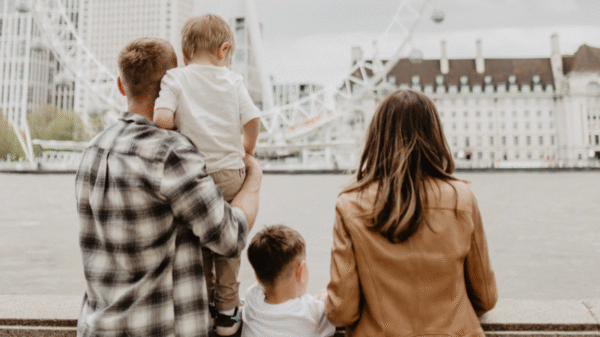Introduction
Irregular immigration, often referred to as unauthorized or undocumented migration, remains a pressing issue in the United Kingdom. With evolving policies and heightened enforcement measures in 2025, understanding the landscape of irregular immigration is crucial for affected individuals and policymakers alike. This article delves into the current challenges faced by undocumented migrants in the UK and outlines potential legal pathways for regularization.
Understanding Irregular Immigration in the UK
Definition and Causes
Irregular immigrants are individuals residing in the UK without legal authorization. Common scenarios include:
- Overstaying a visa
- Entering the country without proper documentation
- Remaining after an asylum application has been denied
- Being born in the UK to parents without legal status
These situations often arise due to complex personal circumstances, bureaucratic challenges, or lack of awareness about legal requirements.
Recent Policy Developments
The Border Security, Asylum and Immigration Bill 2025
In response to increasing concerns over irregular migration, the UK government introduced the Border Security, Asylum and Immigration Bill in 2025. Key provisions include:
- Enhanced powers for law enforcement to address organized immigration crime
- Expanded data-sharing capabilities to improve border security
- New offenses related to unauthorized entry and residence
These measures aim to strengthen the UK’s immigration system and deter unauthorized migration.
Citizenship Restrictions
As of February 10, 2025, individuals who entered the UK illegally are generally barred from obtaining British citizenship. This policy change affects those who arrived via unauthorized routes, such as small boats or concealed in vehicles, and underscores the government’s stringent stance on irregular migration.
Challenges Faced by Undocumented Migrants
Undocumented individuals in the UK encounter numerous obstacles, including:
- Limited access to employment, housing, and public services
- Risk of detention and deportation
- Exploitation due to fear of reporting abuses
These challenges often lead to marginalized living conditions and hinder integration into society.
Legal Pathways to Regularization
Despite stringent policies, certain avenues exist for undocumented migrants to regularize their status:
Long Residence
Individuals who have resided in the UK continuously for 20 years may apply for limited leave to remain, acknowledging their established ties to the country.
Family and Private Life
Applicants can seek regularization based on family connections or private life in the UK, such as having a British child or demonstrating significant integration into the community.
Children’s Rights
Children born in the UK who have lived there for the first 10 years of their life may be eligible to register as British citizens, providing a pathway to legal status.
Conclusion
Irregular immigration in the UK presents complex challenges for individuals and the government. While recent policies have tightened restrictions, legal pathways for regularization remain available under specific circumstances. Understanding these options is essential for undocumented migrants seeking to navigate the UK’s immigration system in 2025.











